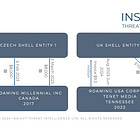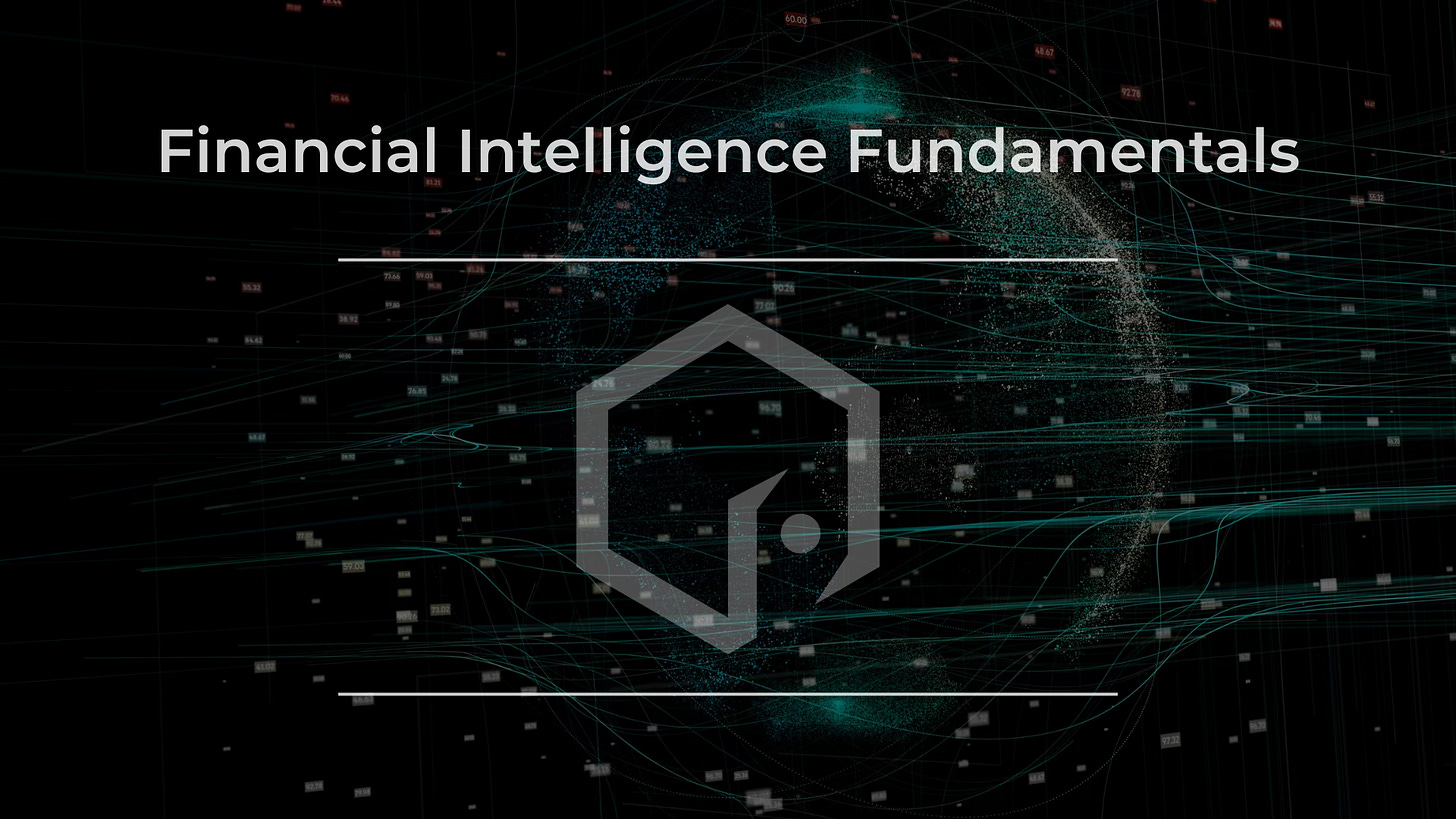Hello, Insight Monitor subscribers! Today, we have a special edition of our newsletter tackling some of the facts and issues surrounding foreign interference in Canada. Apologies to the non-Canadian readers: presumably, many of you have been following the issue in the media, but if not, I’ve included links throughout that will hopefully get you caught up. Here, I’m relying on my two decades+ of experience working in and with Canada’s security and intelligence community to opine on what should and should not be done to combat the foreign interference threat. Have a read, and let me know what you think in the comments!
~Jess
On Friday, the Globe and Mail published an op-ed by the editorial board calling for the Prime Minister to release the names of “those who collude against us”. This is a reference to the 11 political candidates and 13 political staff members that Justice Hogue, Commissioner of Canada’s Public Inquiry into Foreign Interference in Federal Electoral Processes and Democratic Institutions (PIFI), said either had a direct connection to (witting or unwitting) or were affected by the activities of PRC threat actors in the 2019 election.
For background to Canada’s foreign interference inquiry and the issue in general:
While there's robust public interest in knowing the names of people named in classified intelligence for colluding with foreign governments, Hogue has said she will not release the names; the Globe editorial calls instead on the Prime Minister to do so. The editorial board argues that the precedent has been set by the Prime Minister sharing classified intelligence in the House of Commons relating to the targeted assassination of Hardeep Singh Nijjar in BC. However, this comparison creates a false equivalency: naming and shaming a state is very different from naming Canadian citizens or residents as complicit in foreign interference.
Further, it is not clear who, exactly, the editorial board wants named. The language that the Commissioner uses is critical here: there is a combination of witting and unwitting individuals implicated in this activity. The editorial board wants to name the members of parliament implicated (a subset of the 24 individuals referenced in the Hogue report), but it’s not clear that the MPs were all wittingly complicit in the threat activity. There might be a case to be made for naming the witting individuals, but naming the unwitting ones and those who were impacted by these activities would paint everyone with the same brush. I have a few concerns with this, but Justice Hogue says it best in the report:
“Canada is a state governed by the rule of law, which recognizes and protects the fundamental rights of every individual, including the right to fully defend oneself against charges and accusations,” Hogue said.
There is no meaningful way this can happen. Let me explain.
Intelligence is not evidence. The accusations against these individuals (and the MPs that the Globe and Mail want to have named) are derived from intelligence. But this is not evidence. In intelligence, there are often motivated sources, circular reporting issues, intelligence from foreign agencies or highly sensitive sources that can't be disclosed, etc. Intelligence is about probability, not certainty. Given the classification and likely source of this information, full disclosure of where it came from (required for people to be able to accurately defend themselves against these accusations) cannot happen. We already know that there are issues with some of the information that has been reported.
As a result of the complexities of intelligence collection, analysis, and dissemination, the named individuals would not be able to fully defend themselves. The intelligence would not be revealed in its entirety, which means the individuals named would have no ability to refute specific instances or allegations. Without being able to refute the intelligence piece by piece, their defence would be hollow and unconvincing. They would be convicted in the court of public opinion.
Further, naming them would overtake the story but not provide any solutions. The media cycle would focus on the individuals, not the systemic problems facing Canada in dealing with FI. Focusing on the individuals would create the illusion of solving a problem, not actually fixing it. Yes, the government passed the FI bill, but as the recent case of Tenet media illustrates, there are still gaps in that Act and clear issues that still need resolving, to say nothing of enforcement. The 24 individuals referenced in the Commission’s report is not the sum total of the foreign interference problem in Canada.
The real solutions lie in prosecuting the individuals involved (for any law they might have broken, although there might not be any…) and having party leaders with classified clearances (and knowledge of the named individuals) withhold party nominations. (Relatedly, Elizabeth May said no sitting MPs were listed in NSICOP’s unredacted report.)
When I posted a version of this article in a thread on X (the platform formally known as Twitter), it caused quite the uproar. I’m going to take a few minutes and address a few of the more coherent and useful comments.
My former colleague Andrew Kirsch asked why we were holding this to an evidentiary standard when the MPs haven’t been charged with a crime. I think that’s exactly the point. Do we want a world in which the Prime Minister (or NSICOP, or another parliamentary committee) releases a list of names of people they believe have collaborated with foreign powers? What recourse would these individuals have? Slander/libel laws would likely not apply because of parliamentary privilege, so they would have no recourse or ability to correct the record. (And we all know intelligence gets things wrong sometimes.) Andrew also raises the prospect of a different level of disclosure depending on the severity of the allegations, which is something I’ll get to in a moment.
Another commenter noted that some of our allies have decided to name and shame, including the UK. In one case, MI5 named Christine Lee as an “agent of influence” for her work for the United Front Works Department and her efforts to “seed” the UK political system with candidates friendly to China. I don’t know the ins and outs of the case, but it seems as though there were no charges that could be brought in this case. I suspect this might have been a form of threat disruption from MI5.
Here’s one challenge in terms of prosecution: investigations seeded from intelligence, which (if underway) these almost certainly are, require parallel reconstruction to capture evidence that does not rely on the original intelligence, especially if that intelligence cannot be disclosed in a court of law, like highly classified or allied reporting. Depending on how much time has elapsed between the collection of the intelligence and the start of a law enforcement investigation, this reconstruction might be extremely difficult, if not impossible. Imagine a scenario in which CSIS acquires a recording of a phone conversation that happened four years ago. Two years later, CSIS acquires additional intelligence suggesting that the phone call, in addition to the new intelligence, might rise to the level of criminal activity. It’s now been two years since the phone call occurred, and even if the RCMP were able to get a warrant to tap the phone based on a disclosure or advisory letter from CSIS, the subjects of the investigation might not communicate again or engage in any illicit activity. This is a simplified hypothetical scenario, but it’s meant to illustrate that you can’t just push a “parallel reconstruct” button and have all the intelligence automatically become evidence.
This raises an interesting prospect (related to Andrew’s comment above). In the most egregious cases of foreign interference, there might not have been any laws broken. The Foreign Interference bill that passed earlier this year goes some way to solving this problem, but gaps remain.
That does not mean that there is nothing to be done. CSIS does have the power to engage in threat reduction measures. Some of these require a warrant, and others do not. There is a world in which CSIS, in consultation with relevant partners (and likely the political level as well), decides that naming an MP as a “foreign collaborator” or “agent of foreign influence” is a proportional and appropriate threat reduction measure. However, I would have to think that this a) might require a warrant and b) require that CSIS has tried other measures to reduce the threat before doing so, as this could be seen as democratic interference. I also think that this is not something my former colleagues at CSIS would be keen to do if they had any other option. Accusations of politicization of intelligence would almost certainly be forthcoming.
We also don’t know that CSIS ~hasn’t~ engaged in threat reduction activity relating to foreign interference. There’s a host of things that they can do, many of which would not require a warrant, to try to reduce the threat of foreign interference.
Anyway, the TL;DR here is that naming the "foreign collaborators" will not solve our FI problem. Instead, it will just distract us from the real issues facing Canada. These are hard policy problems that won’t be solved with a simple list.
Financial Intelligence Fundamentals
Do you want to learn more about financial intelligence and how to use it in research, investigations, and analysis? Our financial intelligence fundamentals course is for you! This course is perfect for people new to financial intelligence and seasoned professionals. Enroll today!
© 2024 Insight Threat Intelligence Ltd. All Rights Reserved.
This newsletter and its contents are protected by Canadian copyright law. Except as otherwise provided for under Canadian copyright law, this newsletter and its contents may not be copied, published, distributed, downloaded or otherwise stored in a retrieval system, transmitted or converted, in any form or by any means, electronic or otherwise, without the prior written permission of the copyright owner.








